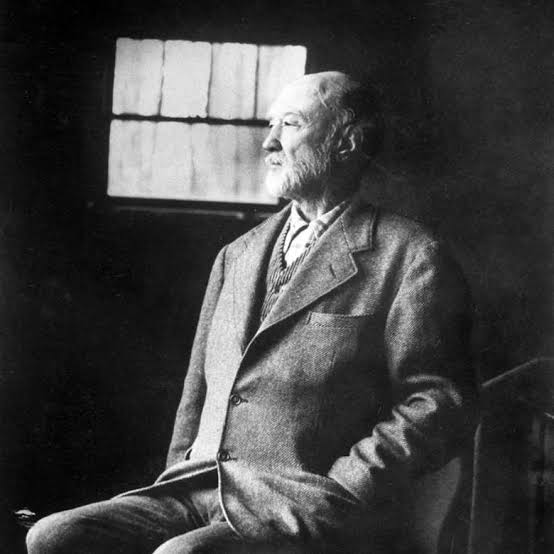Charles Ives (born October 20, 1874, Danbury, Connecticut, U.S.—died May 19, 1954, New York City) was a significant American composer who is known for a number of innovations that anticipated most of the later musical developments of the 20th century.
Ives received his earliest musical instruction from his father, who was a bandleader, music teacher, and acoustician who experimented with the sound of quarter tones. In 1893 or 1894 he composed “Song for the Harvest Season,” in which the four parts—for voice, trumpet, violin, and organ—were in different keys. That year he began studying at Yale University under Horatio Parker, then the foremost academic composer in the United States. His unconventionality disconcerted Parker, for whom Ives eventually turned out a series of “correct” compositions.
Ives’s music is intimately related to American culture and experience, especially that of New England. His compositions—with integrated quotations from popular tunes, revival hymns, barn dances, and classical European music—are frequently works of enormous complexity that freely employ sharp dissonance, polytonal harmonies, and polymetric constructions. Believing that all sound is potential music, he was somewhat of an iconoclast and occasionally a parodist.

